What are the AAT reforms?
Last week, the Australian Attorney-General, the Hon Mark Dreyfus, KC, MP Government announced that the Government will abolish the Administrative Appeals Tribunal (AAT) and replace it with a new and improved federal administrative review body.
The broad purpose of the reforms, to occur in 2023, is to make the administrative review process more user-focused, efficient, accessible, independent and fair.
A key element of the reforms is to increase the transparency of AAT Member and other appointments and make them more merits-based. To get the ball rolling, on 15 December 2022, the Government published new Guidelines for Appointments to the AAT.
To help clear the immediate backlog of AAT cases, the new body will be given 75 additional Members, at a cost of $63.4 million.
The Government will need to make new laws to abolish the AAT and create the new body. The Attorney-General will introduce a bill into Parliament in 2023. Note, the 2023 Parliamentary sittings do not commence until 6 February 2023. Mr Dreyfus has already flagged that he will likely not introduce the bill until the second half of the year.
As the process of drafting, debating, passage and enactment of bills usually takes several weeks, if not months, the new laws will likely not commence for at least a year. The implementation, and transition process, may also take some additional time after that.
The reform work will be led by a dedicated taskforce within the Attorney-General’s Department and informed by an Expert Advisory Group chaired by former High Court Justice, the Hon Patrick Keane AC KC. The Government intends to consult with stakeholders on the design of the new body.
Such a big change to the AAT process may be nerve-wracking for people with disability and their families. Let’s face it, while we all for reform, many of us have consultation and change fatigue and a fear of the unknown!
If you have a current National Disability Insurance Scheme (NDIS) or Centrelink review application before the AAT, or are considering lodging an application after a disappointing internal review outcome, here is a summary of what the changes mean for you.
What do the reforms mean for me?
For existing cases at the AAT
- All cases currently before the AAT will continue. Many cases currently before the AAT will be decided or finalised before it is abolished and replaced with the new body.
- Once the new body is established, any remaining cases will transition to the new body. If you have applied to the AAT for review of a decision and your case is transitioned to the new body, you will not need to submit a fresh application to the new body.
- If you have specific questions about your case, or concerns, you can telephone the AAT on 1800 228 333 for a chat.
For cases already decided by the AAT
- All decisions made by the AAT will remain valid and final. They won’t be affected by the reforms.
- This means that AAT directions and orders must be implemented by the relevant government body (eg, National Disability Insurance Agency, Centrelink) in accordance with the current AAT legislation, the Adminstrative Appeals Tribunal Act 1975 (Cth).
For prospective AAT cases
If you would like to seek review of a decision while the reform process is underway, you should lodge an application via the AAT website as per the current process. Feel free to contact Special Voices if you need advice or help on your situation, or legal representation for your review.
Stay tuned!
Further information about transitional arrangements to the new body, and the reforms more broadly, will be made available as the process unfolds in 2023. To stay up to date, visit the new dedicated pages of the Attorney-General’s Department website and the AAT website.
You can also subscribe to the Special Voices newsletter to receive future articles on these important developments in the disability law space.





